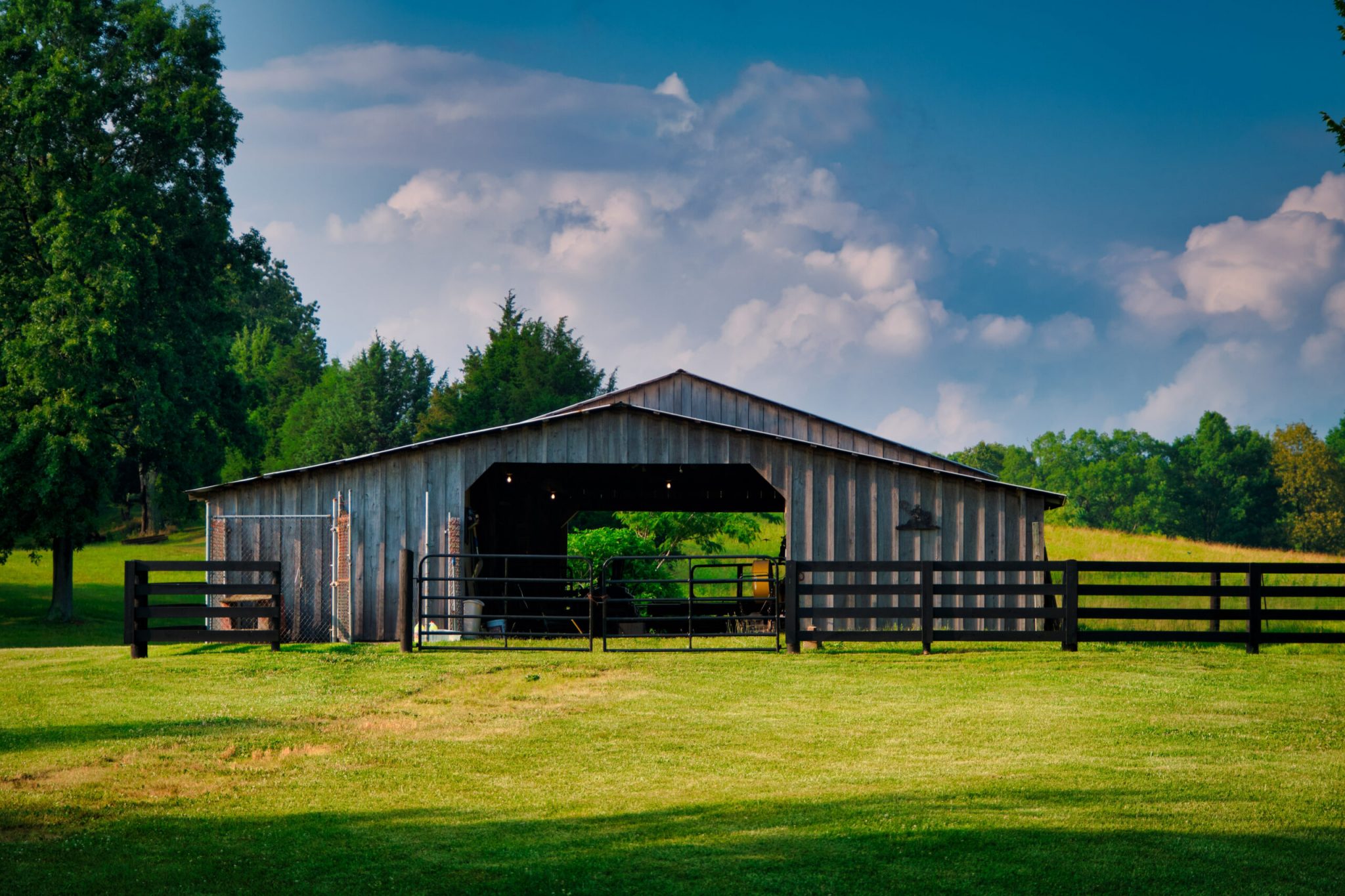[ad_1]
A large outbreak of equine coronavirus (ECoV) on a North Carolina horse farm provided valuable information about factors that put horses at risk of developing the disease.
How coronavirus affects horses
ECoV usually causes fever, loss of appetite and lethargy. In rare cases it results in diarrhea, colic and neurological signs. The virus is primarily transmitted via manure. However researchers also documented a few cases of horses shedding ECoV in nasal secretions.
Outbreak in North Carolina
In the early spring of 2021, horses at a North Carolina show and lesson facility began showing signs of gastrointestinal illness, including colic, diarrhea and lethargy. As more horses became ill, local veterinary authorities launched an investigation. First, researchers tested manure samples from 54 horses using polymerase chain reaction (PCR) technology. They found 43 (79.8 percent) were positive for ECoV, although only 17 showed signs of illness. Six of those horses developed colic, three had small colon impactions and one required surgery.
Identifying risk factors
Next the researchers studied the farm layout and management practices and correlated those factors with positive PCR results. They determined that the following factors increase a horse’s risk of contracting ECoV: confinement to a stall; being housed near a ECov-positive horse; being in training; being fed rationed versus free-choice hay; and being fed alfalfa hay.
Reference: “Risk factors associated with an outbreak of equine coronavirus at a large farm in North Carolina,” Frontiers in Veterinary Science, March 2023
Don’t miss out! The free weekly EQUUS newsletter, delivers horse health information and more right to your in basket! If you’re not already receiving the EQUUS newsletter, click here to sign up. It’s *free*!
[ad_2]
Source link
